From the first time Beth and I ventured to Ghana with Emily and Paul in 2011 we have heard stories of the Fulani. Ray explained that Ghanaians might say “If something is stolen, it is probably a Fulani”. They are nomads. Over the years they have wandered with their longhorn cattle herds across 17 countries. They are the caretakers of cattle in many regions, and a Dagomba or Gonja man with a cow might pay a Fulani to care for it. The cow would be added to the Fulani’s herd until it came time to sell it. The Fulani speak Fulfulde, which, as the herdsman wandered Africa has shifted and spread into many dialects. Over hundreds of years, their migrations have also spread their religion, Islam. The nomads are tolerated, and at times persecuted. While there is compulsory grade school for everyone in Ghana – the Fulani are exempted. Their children do not need to attend school.
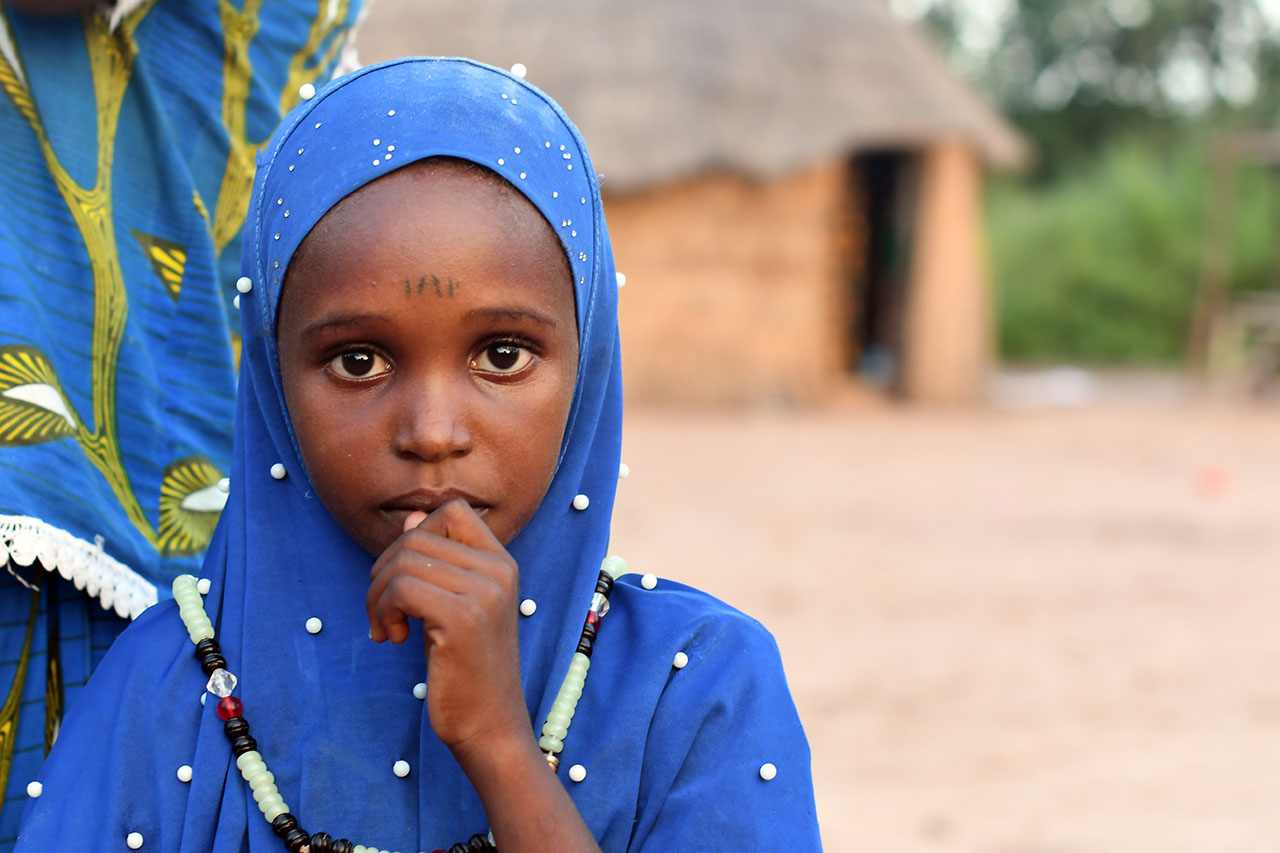
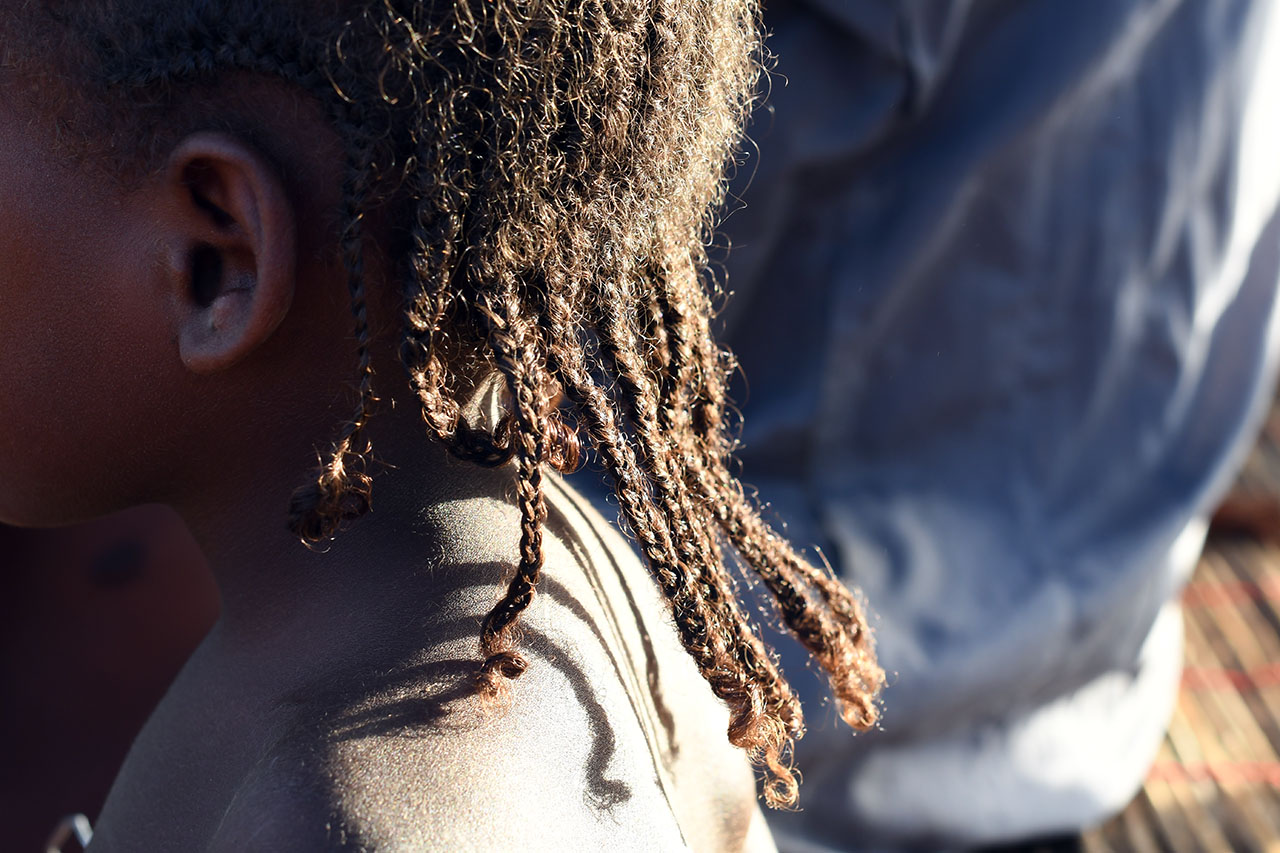
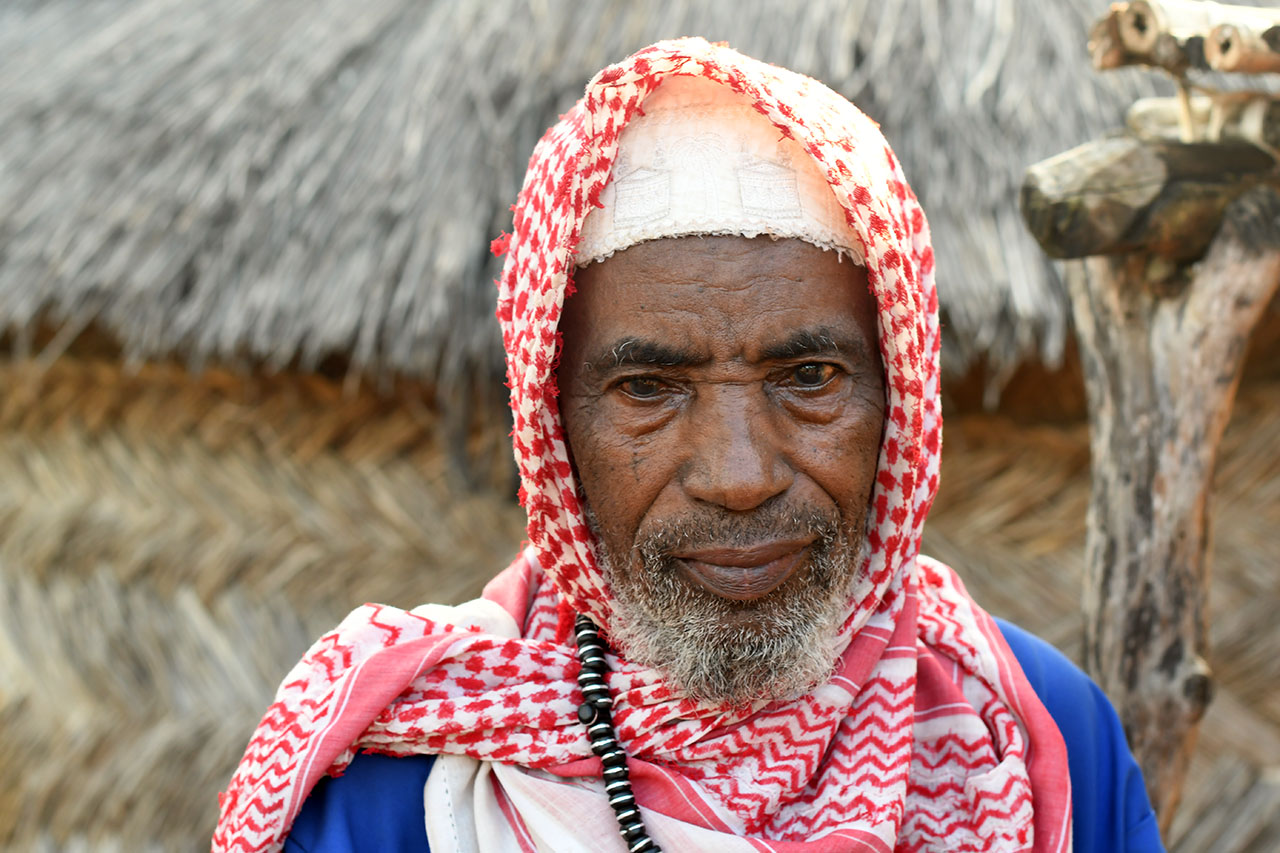
As a Westerner, it was hard to imagine how the Fulani could be so different from the others here in Ghana. Beth and I have met people from a wide range of tribes: Komba, Akan, Mamprusi, Dagomba, Bimoba, and Gonja to name just a few of the roughly 50 people groups here in Ghana. To me, they all seemed quite similar—like trying to distinguish the Germans, Dutch, and Swiss without their automobiles, cheese, or chocolate as hints. But as Fati, pastor Joseph’s Fulani wife of 30 years, led us into a Fulani village just a few miles from Joseph’s Gonja village, the uniqueness of the Fulani quickly become apparent.
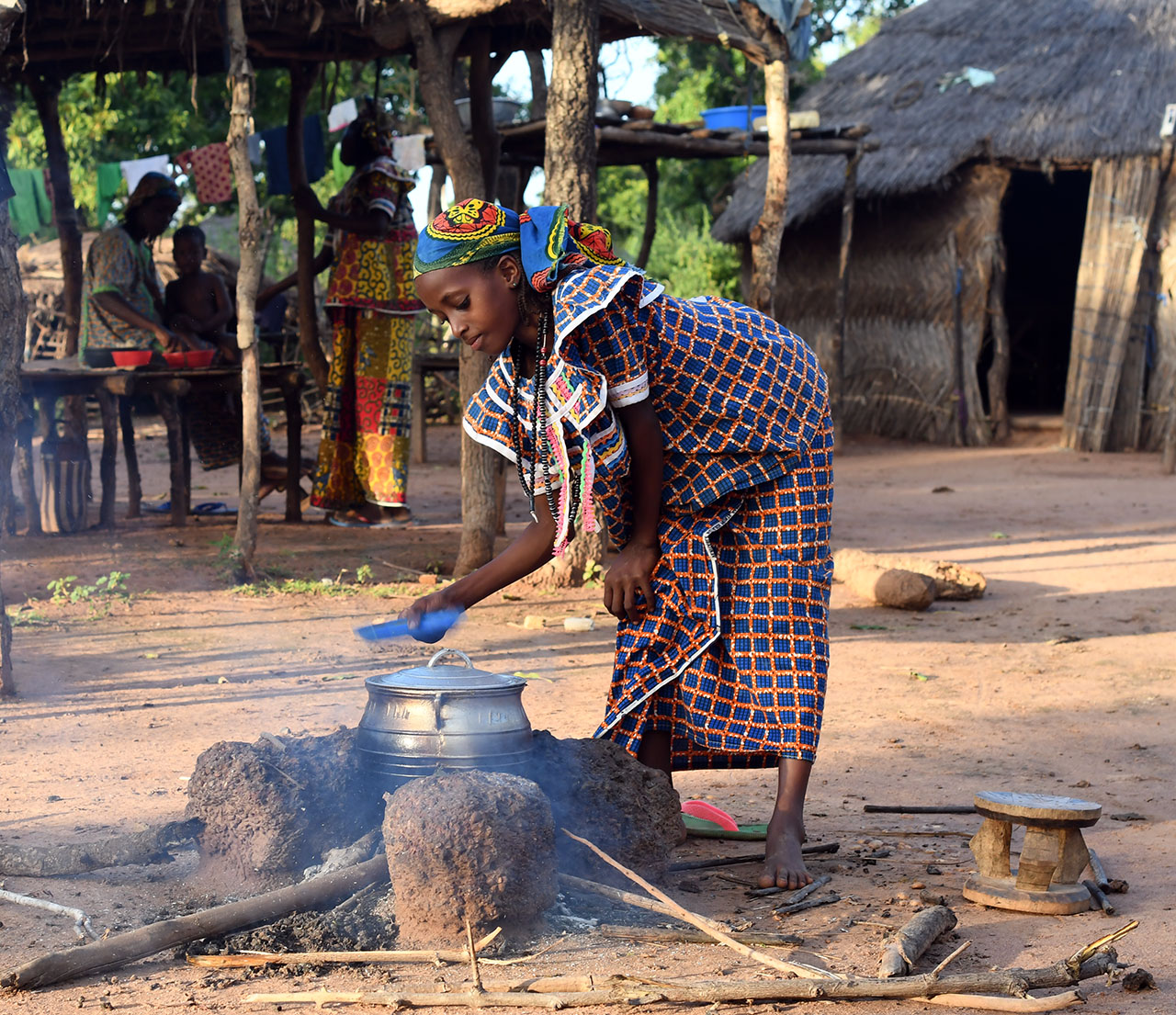
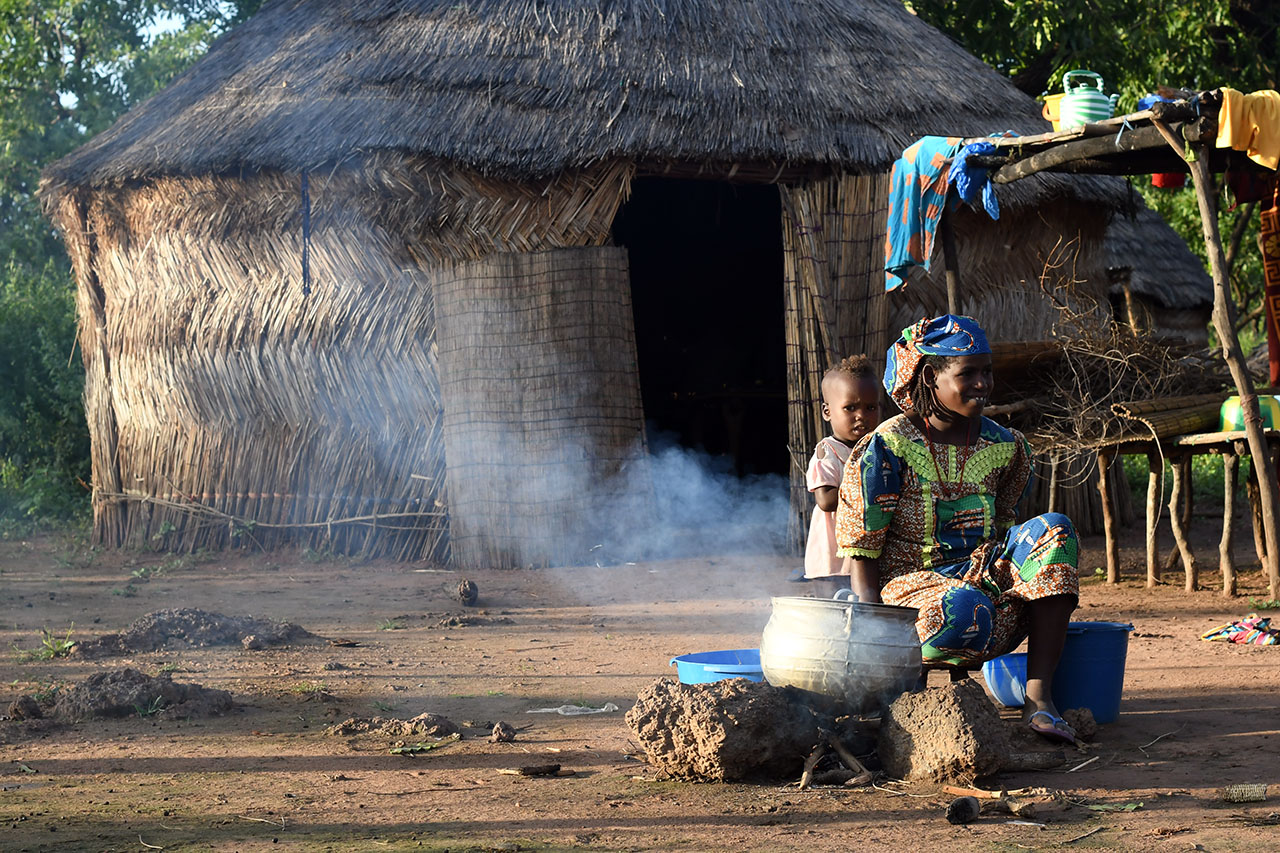
From the longer, more slender shape of their faces and often fairer skin to the construction of their huts, which were of woven grasses instead of mud, the Fulani stand apart. As Fati led us into the village I sensed a slight air of tension. At first, we could see only a few men. An elderly man with poor eyesight and a father with a leg injury sat in the shade. Many of the men were still out tending their flocks and would slowly march them back to the village before sunset. We stood smiling, making eye contact and waiting for the subtle body language to let us know they were happy to meet us. Like other villages, the women were initially quite shy, but very curious. We continued, with large toothy grins, to say hello, and wave at the children. Of course “Obroni”, white people, are uncommon here in Ghana, but Obroni walking among the Fulani is rare indeed.
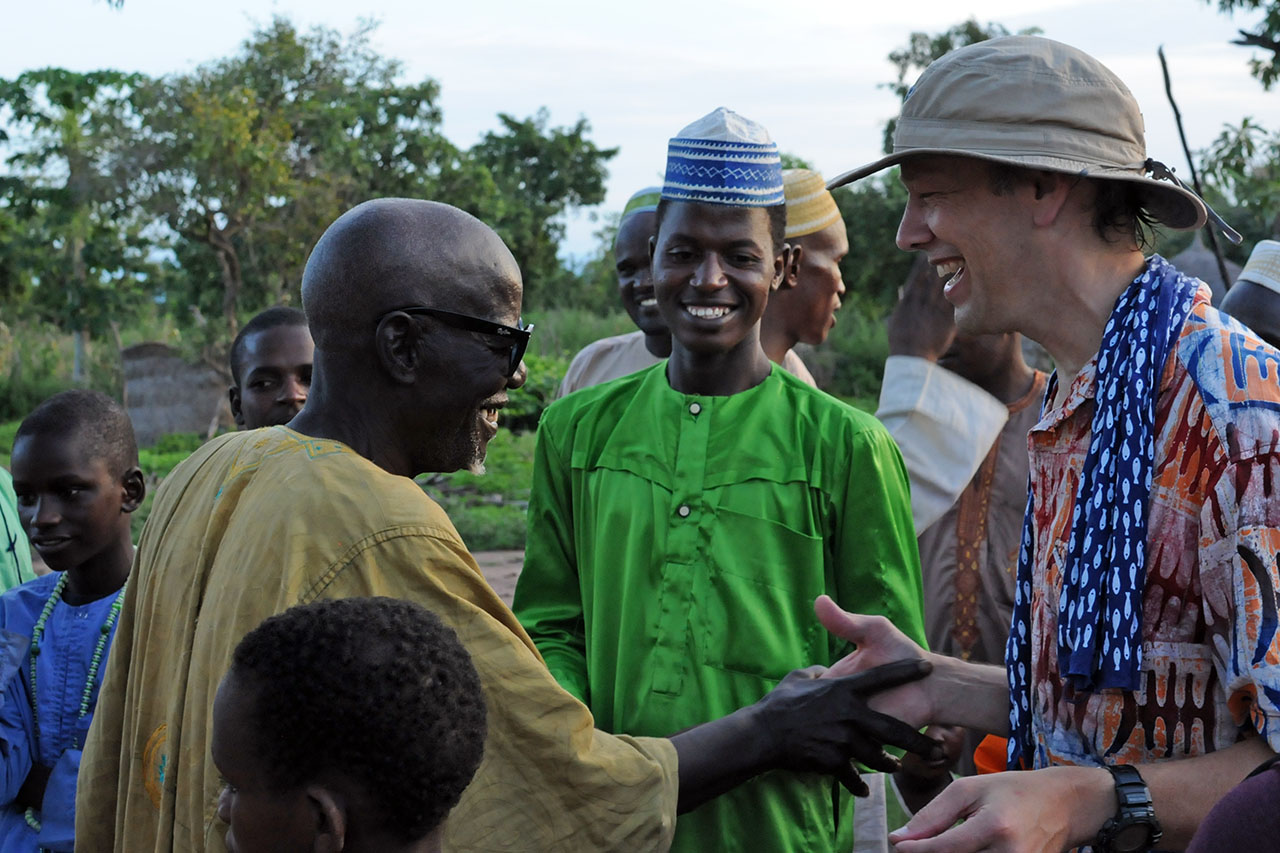
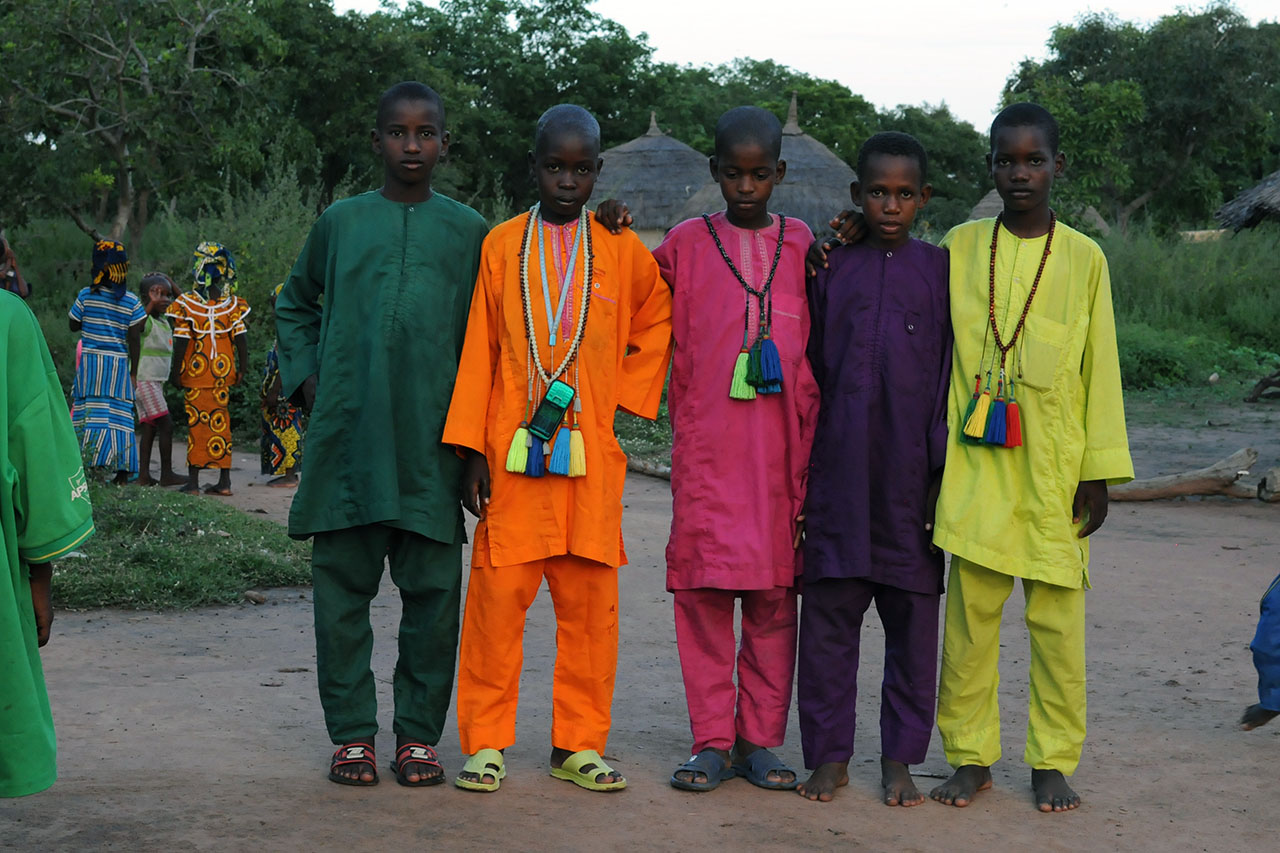
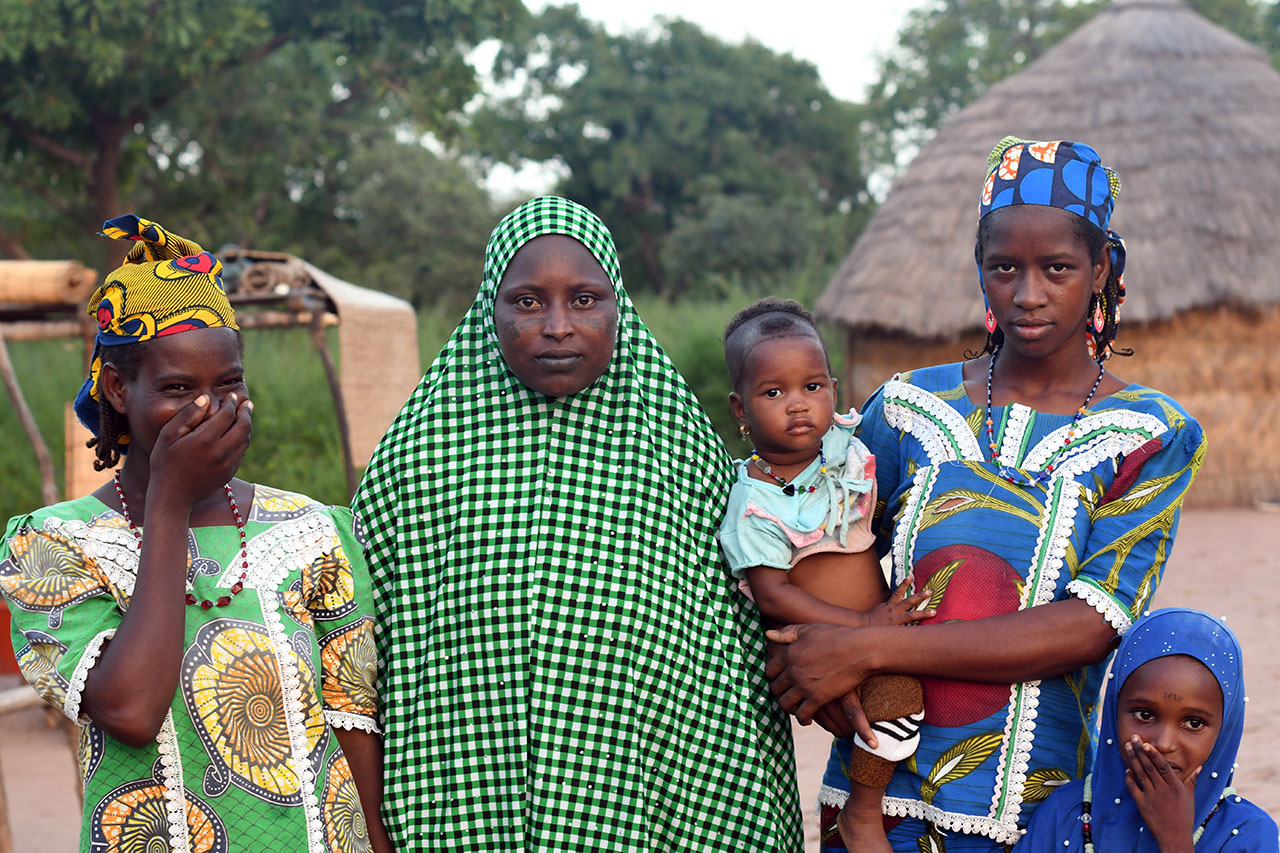
Women were cooking dinner and caring for the children. Almost all of the women had colorful head coverings. They were delighted to see their portraits on the LCD panel of my camera. After one picture, one of the women got a panicked look and ran back into her hut to gather up a green and white checked covering. I retook the photo. As we have become accustomed to, smiles quickly disappear as soon as I raise the lens. Long beaded necklaces dangled and swayed as the women went about their work. Colorful tassels distinguished the men’s necklaces. Rather than batik, their dresses were made from imported prints decorated with rickrack and short white fringe. Many of the men wore the traditional galabia in bright solid colors. The Sheik’s son, Sayed, was learning Arabic, and spoke for village. He explained that we would not be able to visit the Sheik because he is not in the village right now. Even if he were in town, we would not have been allowed to visit without first an invitation, and then sitting in the courtyard and waiting for up to an hour. Then we would have been allowed in.
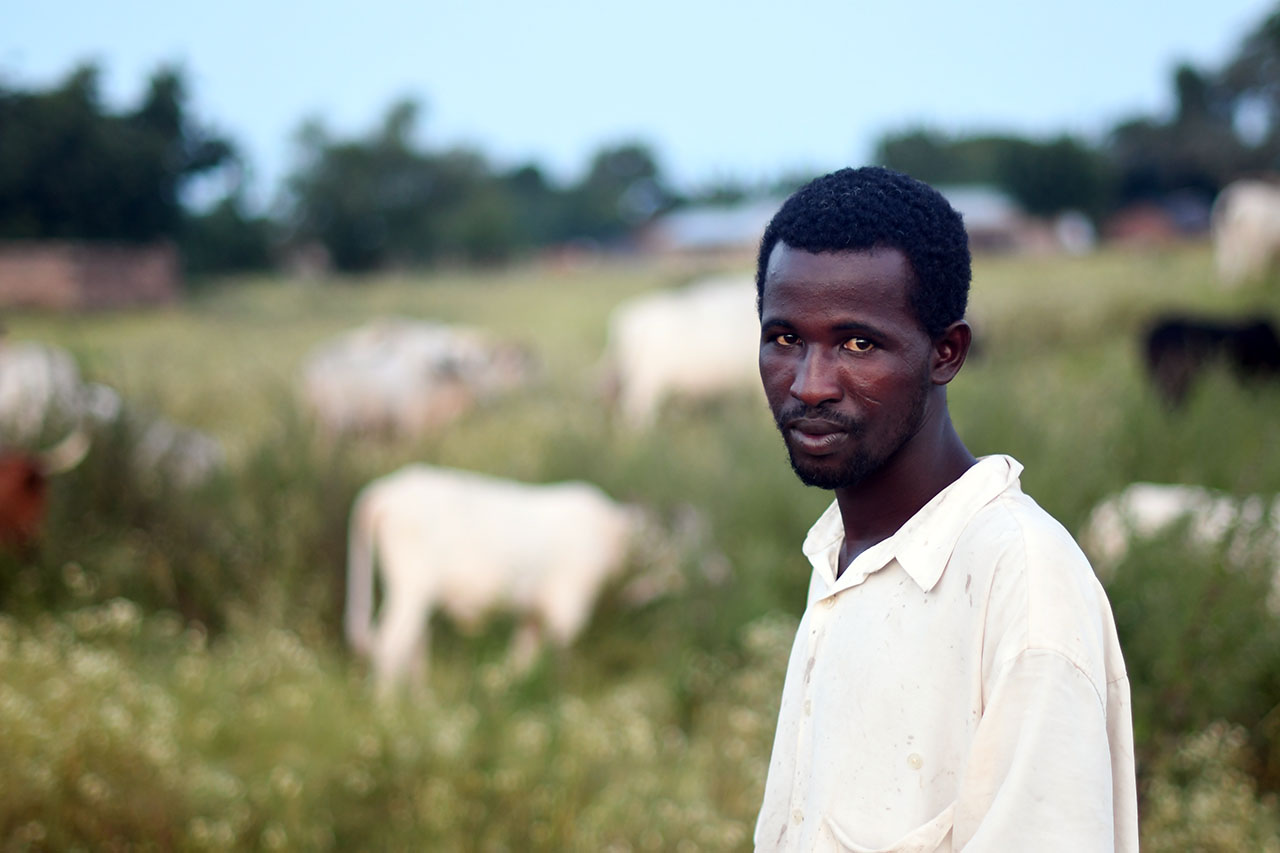
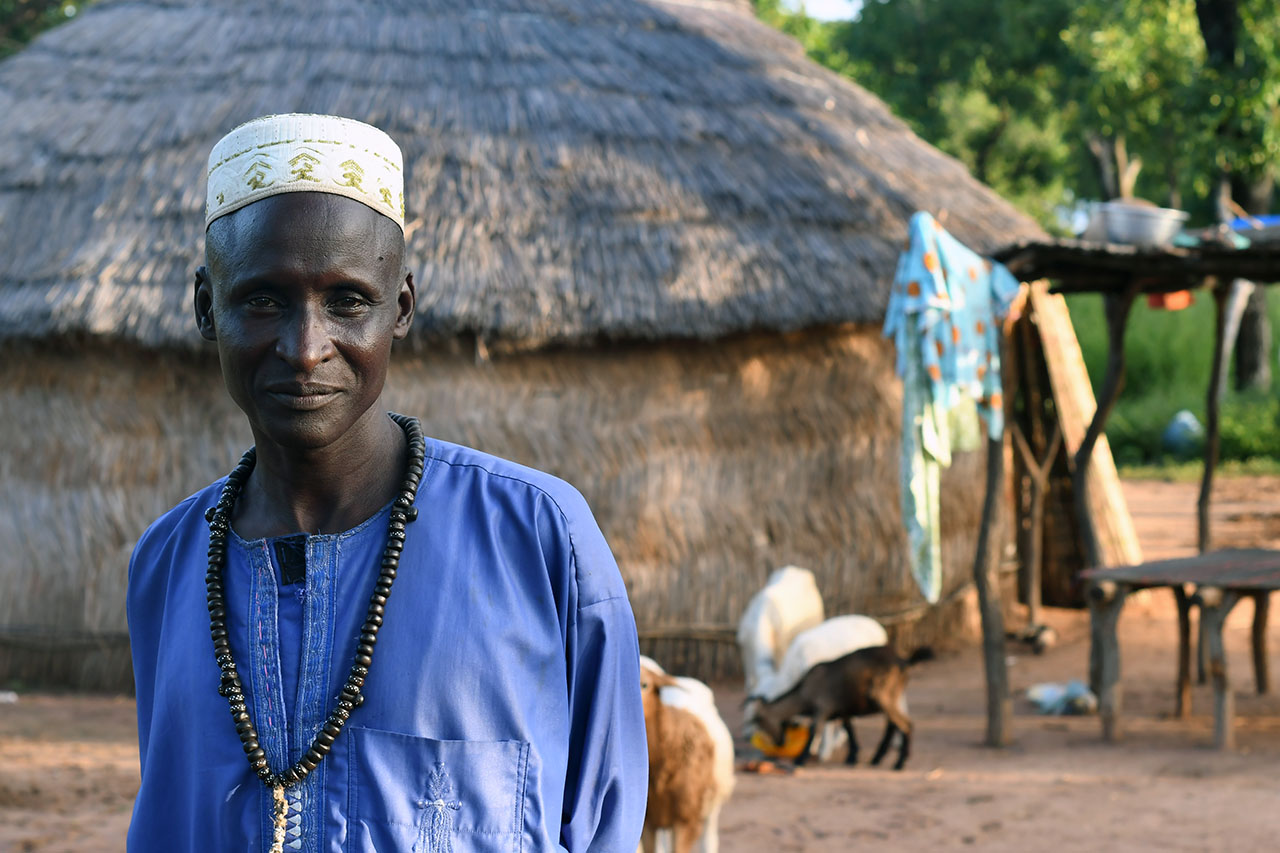
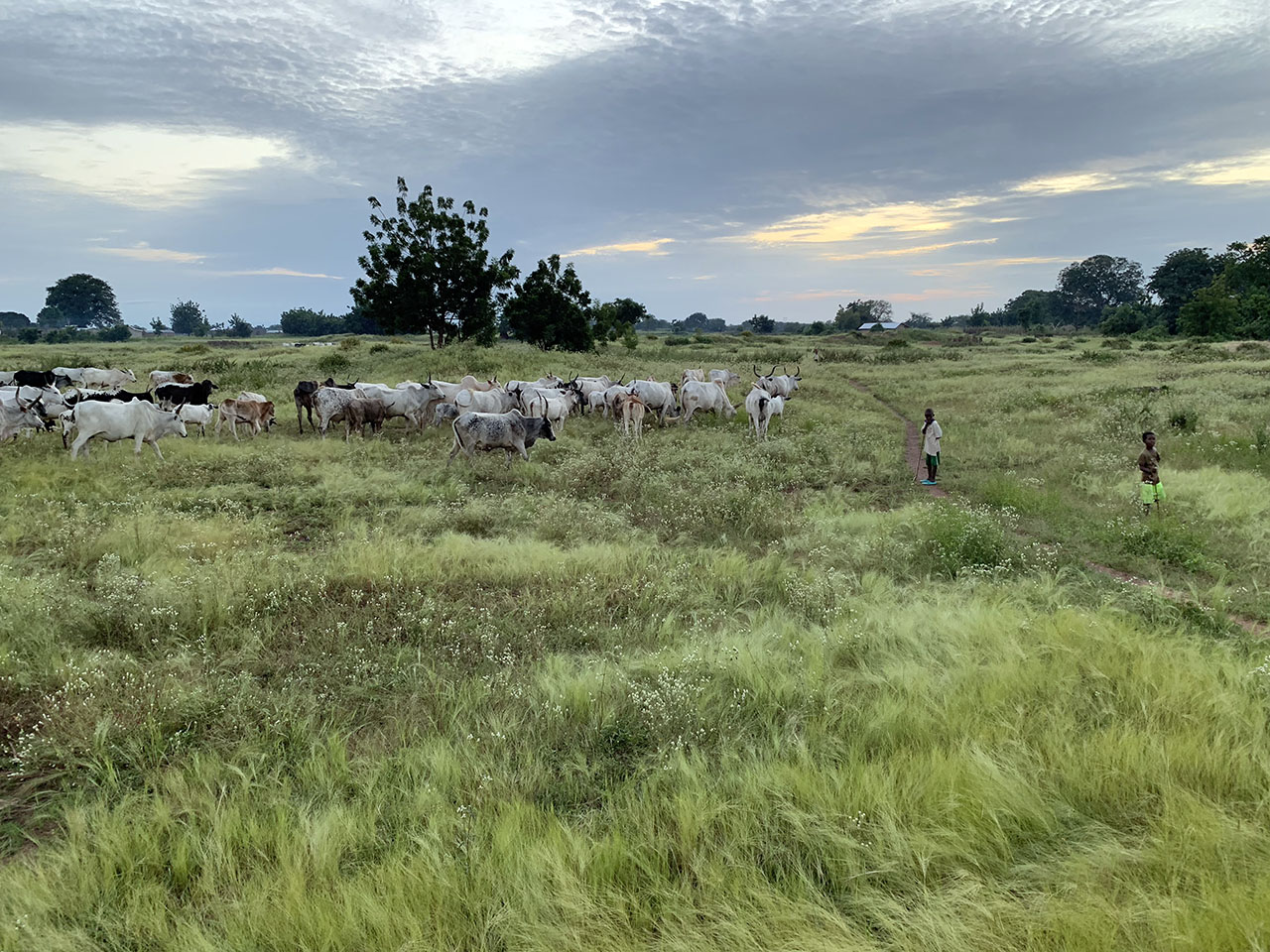
After warming up, we were able to talk, joke, and laugh with the men that were not with their cattle. The Fulani are beautiful, timid, and isolated from the host country in which they reside. We pray that Pastor Joseph and his wife will continue their outreach to the Fulani, showing them the love of Jesus.
Some pictures from Pastor Joseph’s Gonja village (not Fulani)
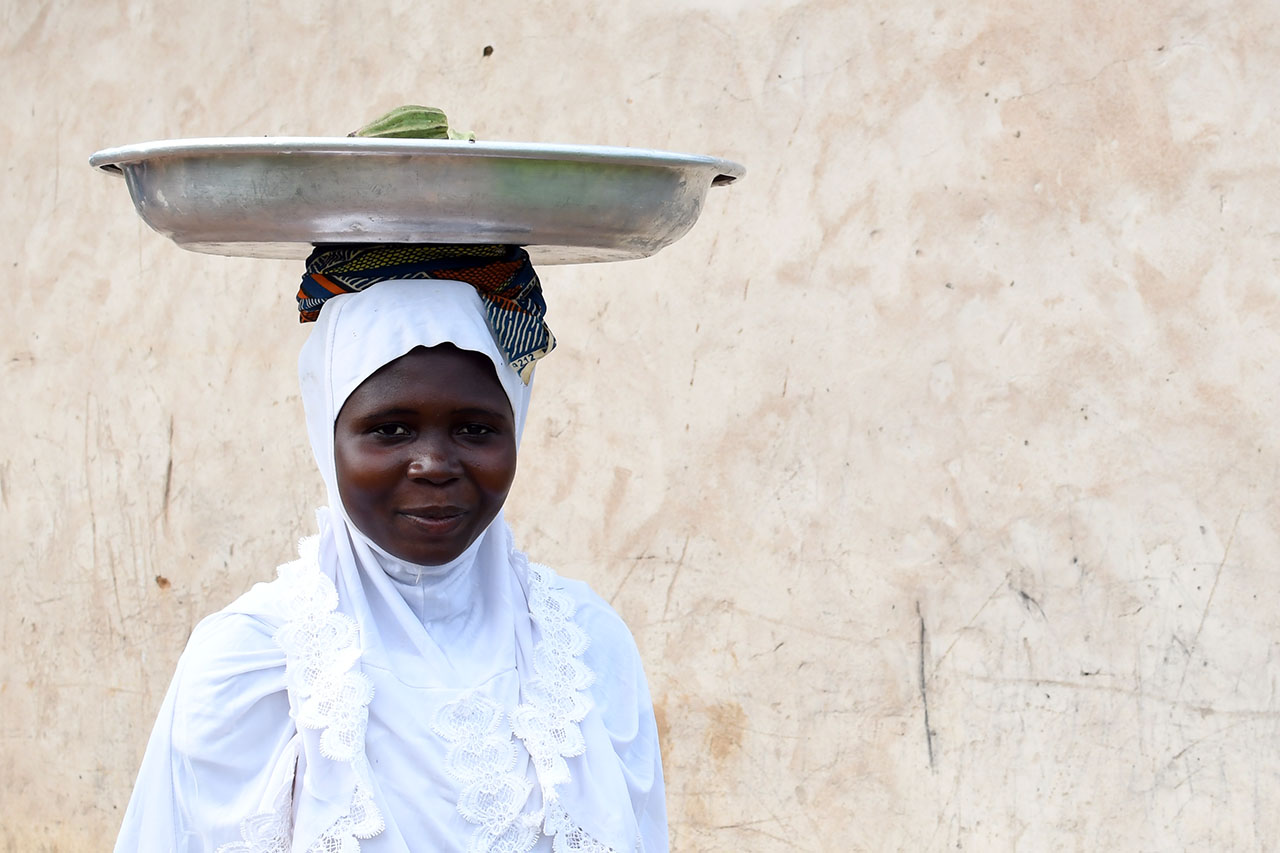
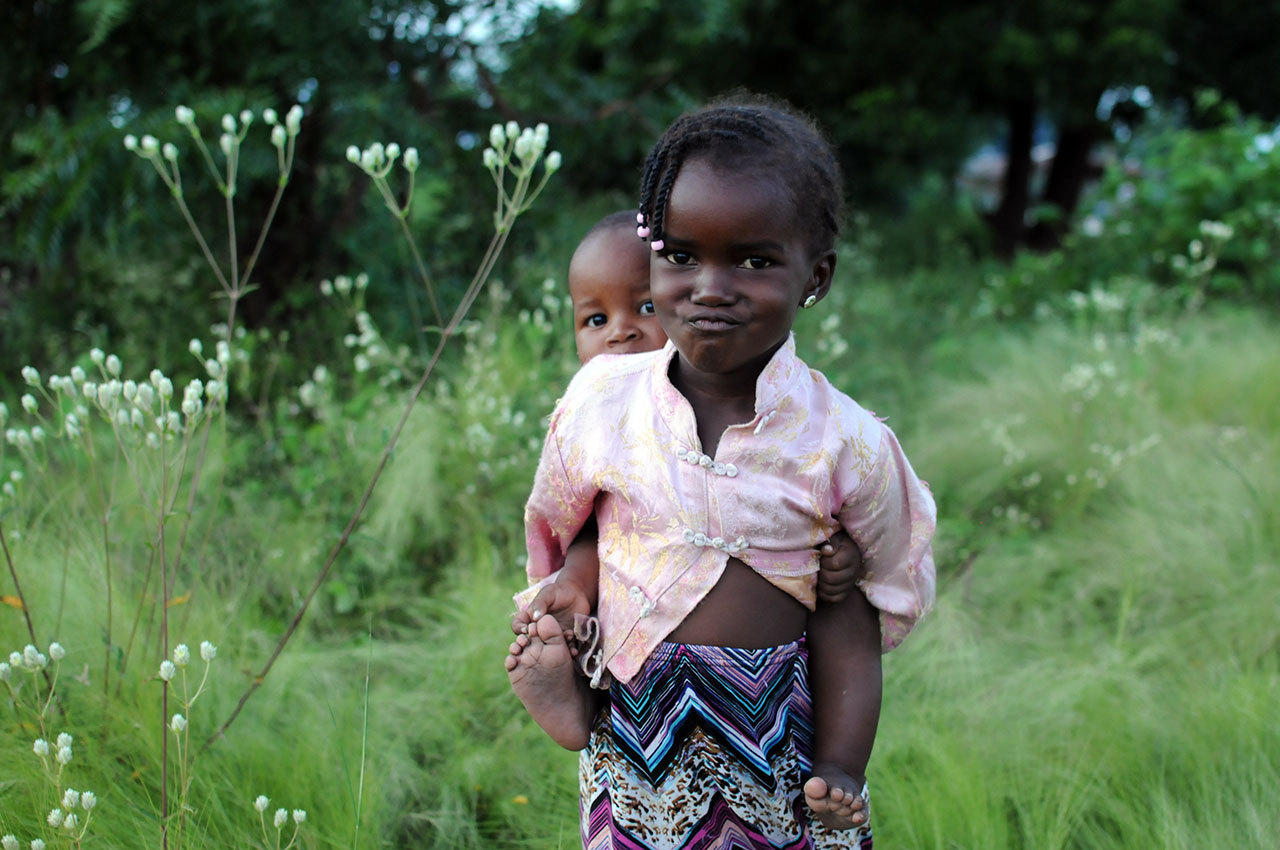
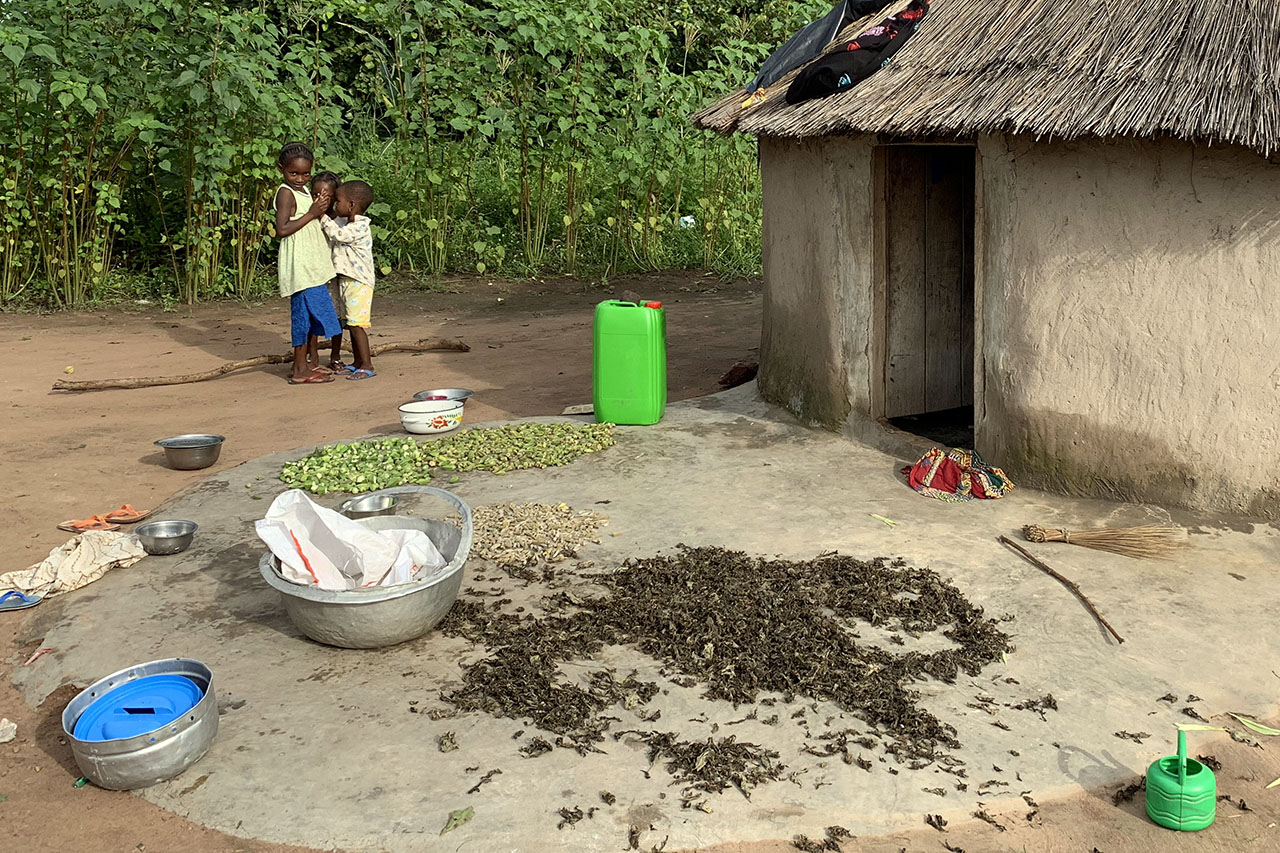
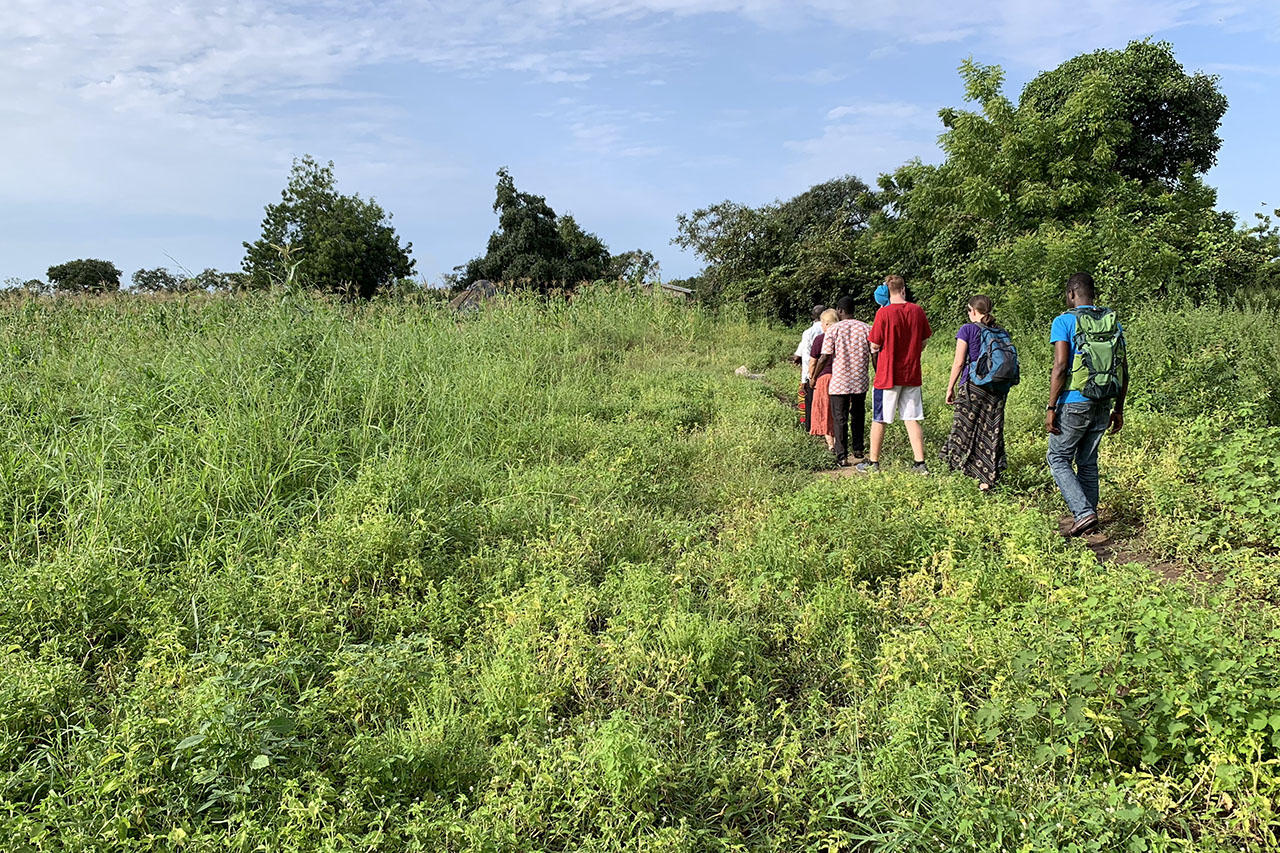

We so love your writing and photos. We learn so much. What an absolute fascinating contrast to all that we know and experience. Such a fortunate trip for the young people. Thank you, Beth and Pete, for sharing God’s love in such remote parts of the world. May your work be blessed.
Thanks Linda. We are driving toward Kumasi, and by tomorrow evening should be back in Accra. We look forward to seeing you at thanksgiving
Wow! So striking to me the difference between the Fulani and other Ghanians! VERY interesting! Your camera captures that so well – not only in the physical but also in the spiritual realm, somehow. This is exciting and strategic work that you are doing. May the Lord continue to give you what you need to do your jobs well. And thanks again for the pictures, which stimulate us to pray with a more informed picture of who we are praying for.
And if you are still with Abed, please give him a big Aunty Laura hug!! SO great to know that he is working with you up north!! LSM 2018 lives on! :-)